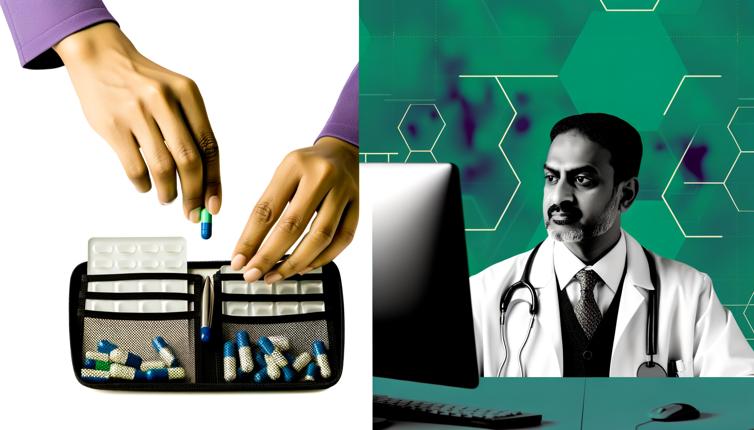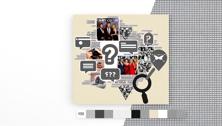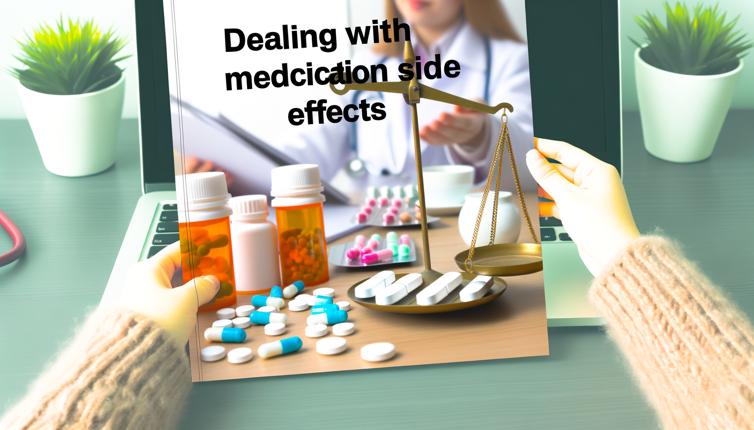What to Do When a Medication Error Occurs
Stay calm and assess the situation. Determine the severity of the error and whether immediate action is required.,Notify the healthcare provider or pharmacist immediately. They need to be aware of the error and can provide guidance on next steps.,Document the error. Take note of the specific medication involved, the dosage, and any other relevant details. This will be useful for reporting and future reference.,Follow the instructions of the healthcare provider or pharmacist. They may advise on discontinuing the medication, adjusting the dosage, or taking additional steps to mitigate any potential harm.,Monitor for any adverse effects. Pay close attention to any changes in symptoms or new symptoms that may indicate a reaction to the medication error.,Report the error. Depending on the severity, it may be necessary to report the error to the appropriate regulatory authorities, such as the Food and Drug Administration (FDA). This helps ensure that appropriate action is taken to prevent similar errors in the future.
How to Prevent Medication Errors
Communicate clearly with healthcare providers. Make sure they have accurate and up-to-date information about your medical history, allergies, and current medications.,Ask questions. If something is unclear, don't hesitate to ask for clarification. This can help prevent misunderstandings and errors.,Keep a list of your medications. Include the name of the medication, the dosage, and the frequency of use. This will help you and healthcare providers keep track of your medications and avoid any potential interactions or errors.,Read medication labels carefully. Make sure you understand the instructions for use, including dosage and timing. If anything is unclear, ask for clarification.,Use a pill organizer. This can help you keep track of which medications to take and when. It can also help prevent confusion and errors.,Do not share medications. Medications are prescribed specifically for each individual and should not be shared. Sharing medications can lead to improper dosing and potential harm.,Store medications properly. Follow the instructions for storage, including temperature and humidity requirements. Improper storage can affect the effectiveness and safety of the medication.,Be aware of potential drug interactions. Some medications can interact with each other, leading to adverse effects. Make sure your healthcare providers are aware of all the medications you are taking to avoid potential interactions.,Take medications as prescribed. Follow the instructions provided by your healthcare provider and take the medications at the prescribed times and dosages. Skipping doses or taking too much can lead to errors and potential harm.
Conclusion
Medication errors can happen, but by knowing what to do when they occur and taking steps to prevent them, you can help ensure your safety and well-being. Remember to stay calm, notify your healthcare provider, and document the error. By communicating clearly, asking questions, and following medication instructions, you can minimize the risk of medication errors. Stay informed and take an active role in your healthcare to help prevent medication errors.








